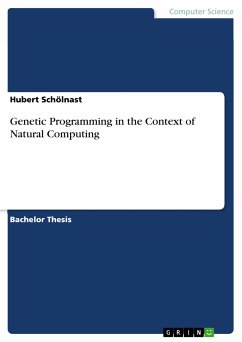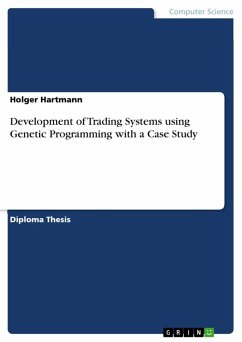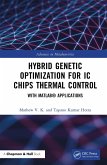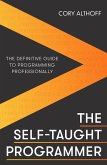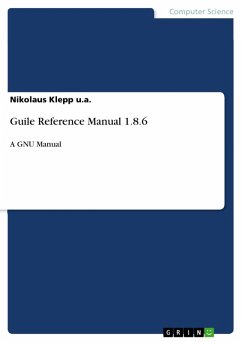From the sector "Natural Computing" (simulation of natural Phenomena, hardware from nature, nature borrowed methods, etc.), the area "Biological inspired Computing" is selected and described. A systematic literature analysis of this field of research over the past 30 years shows that after a boom in neural networks in the 1990s, in the last five years genetic algorithms, including particularly the methods of genetic programming, came to the foreground. In this heuristic procedure computer programs are optimized in an iterative loop. In the startup phase, programs will be randomly generated. In a frequently recurring cycle, the steps program execution, evaluation of results (determination of fitness); selection and diversification (especially crossover and mutation) are used to "grow" better programs from generation to generation. This work shows criteria to decide in favor of whether or not to use genetic programming. Proven and experimental methods are presented for all phases of the optimization process, and one will find a short survey on how far these methods correlate to their natural role model. This thesis also refers to common problems such as Bloat. A library of methods collected by the author forms a mixture of a cookbook and a toolbox to be used in Genetic Programming. Finally, this thesis provides some examples where with the help of genetic programming award-winning practical applications have been created, which in many cases have outperformed conventionally obtained results.
Dieser Download kann aus rechtlichen Gründen nur mit Rechnungsadresse in A, B, BG, CY, CZ, D, DK, EW, E, FIN, F, GR, HR, H, IRL, I, LT, L, LR, M, NL, PL, P, R, S, SLO, SK ausgeliefert werden.

